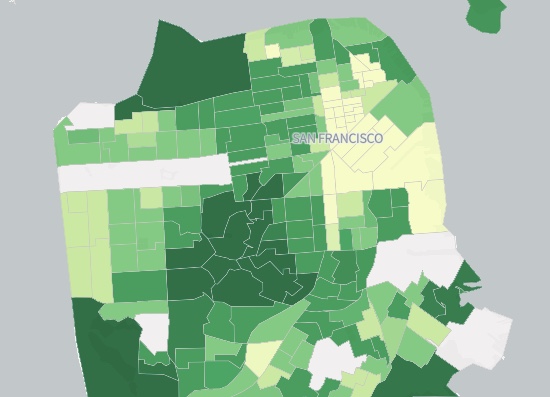By Alexei Koseff : sfchronicle – excerpt
SACRAMENTO — A former senior employee in the California State Treasurer’s Office has sued Treasurer Fiona Ma for sexual harassment and wrongful termination, alleging that she was fired earlier this year after resisting unwanted sexual advances from Ma.
Judith Blackwell, who worked under Ma for about 16 months as executive director of the California Tax Credit Allocation Committee, filed the lawsuit last week in Sacramento County Superior Court.
“Plaintiff felt the work environment to be hostile as she felt her employment was contingent on her accepting Defendant Ma’s sexual advances,” Blackwell’s attorney, Waukeen McCoy, wrote in the complaint. “As a result of Plaintiff denying Defendant Ma’s advances, she was terminated from her employment.”…(more)
A little light reading after all the heavy stuff we are hearing about graft and corruption in City Hall, this is tame by comparison.

